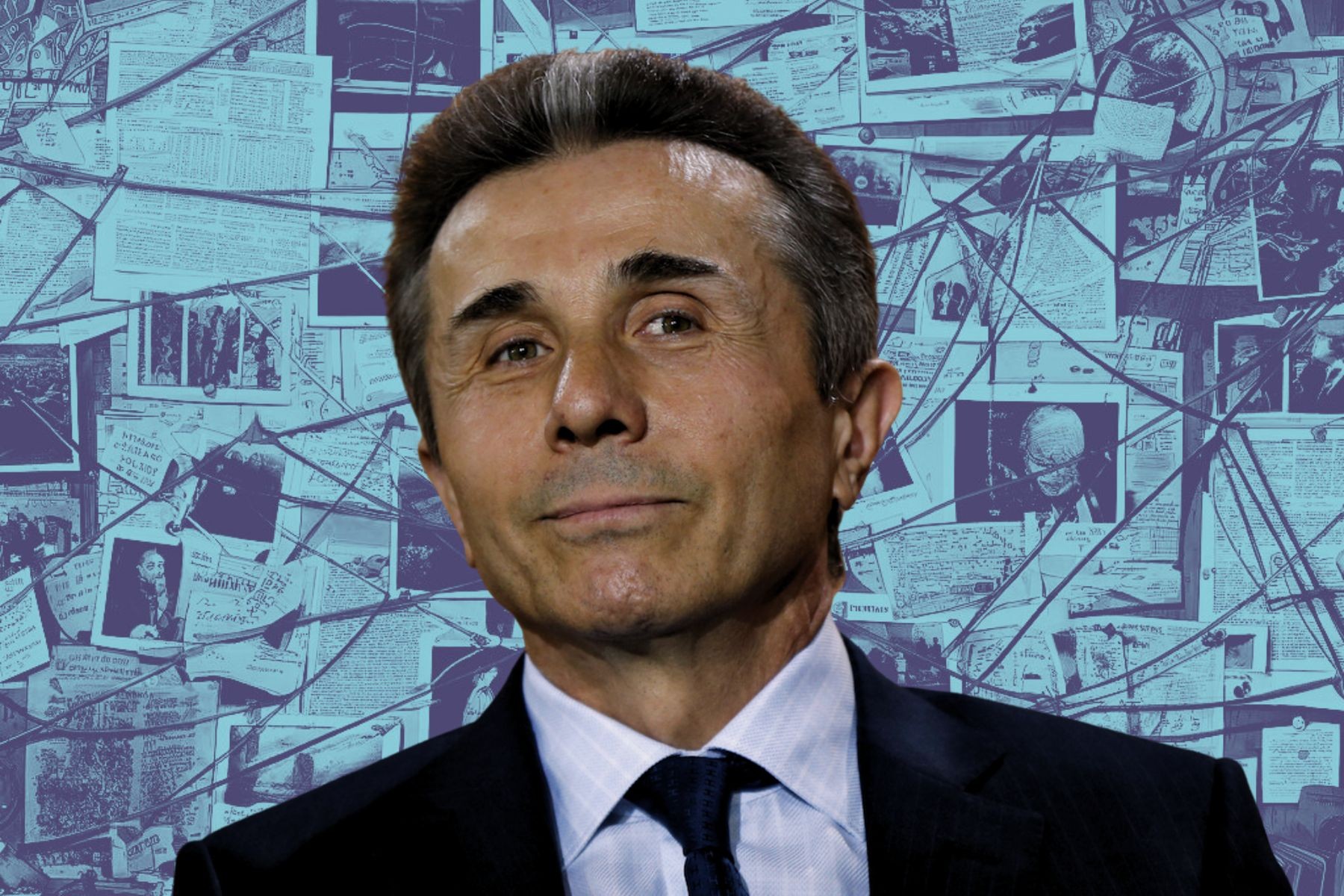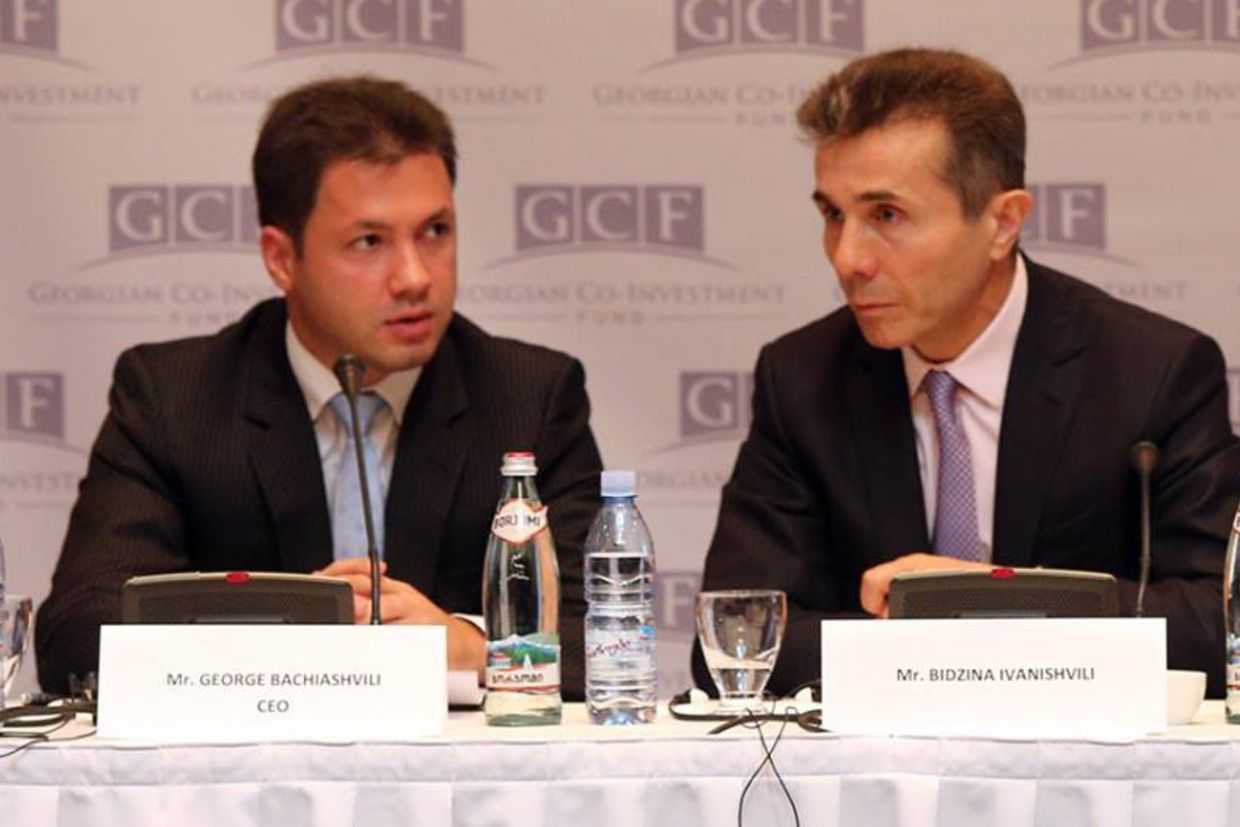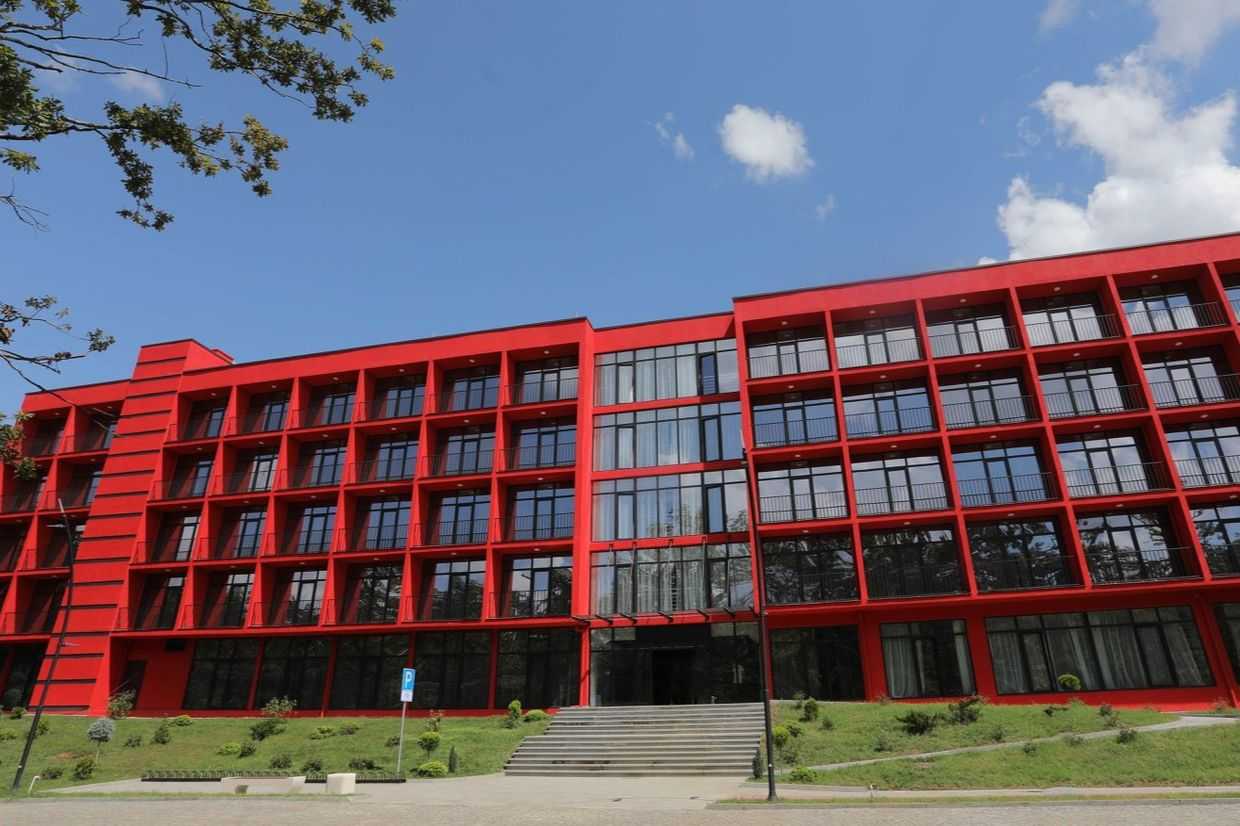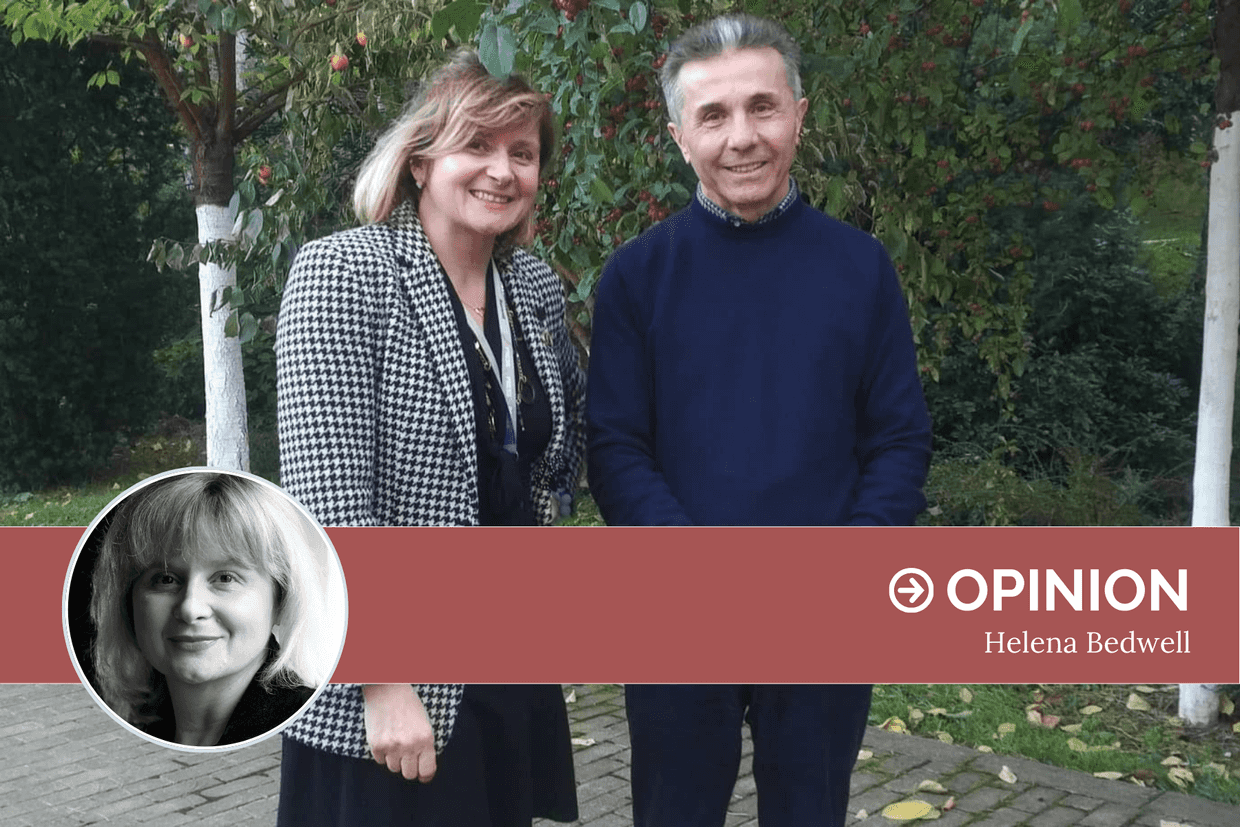
Bidzina Ivanishvili has emerged from behind the curtains with a dark vision for the future of Georgia. In an unhinged rant filled with conspiracy theories and threats of repression, Georgia’s ruling oligarch has made crystal clear that he no longer plans to tolerate dissent — from within the country or from his critics in the West.
On 29 April, the reclusive billionaire and ‘honorary chair’ of the ruling Georgian Dream party descended from his steel palace above Tbilisi to make a rare public appearance.
Bidzina Ivanishvili took to the stage in front of parliament to lay out his plans for the country.
He vowed to fight for the controversial foreign agent law and a bill banning ‘LGBT propaganda’. He denounced the West as the ‘global party of war’, and threatened retribution against domestic critics, whom he labelled as ‘rootless’ persons working for foreign interests.
He vowed to ‘deliver a strict political and legal verdict to the collective National Movement’, a term used to describe all the ruling party’s critics, from opposition parties to democracy activists, including long-time Saakashvili detractors.
In a brave move of candour, he said his party had initially hesitated to properly describe their motivation for going after civil society: that they were ‘instruments’ capable of depriving his party of power.
Ivanishvili nominally paid lip service to Georgia’s stated aim of joining the EU and NATO, insisting the country would become an EU member by 2030 with its ‘dignity’ and ‘sovereignty’ intact.
But beyond this, he plainly formulated his doctrine: that democratically dismissing his government through elections would mean surrendering sovereignty to the West, and that this could not be tolerated.
Ivanishvili made a clear effort to prepare the public for the U-turn in foreign policy his government is now screeching towards.
For instance, instead of promising the institutional reforms expected by the EU, he hailed the legislative majority under his thumb for protecting the Central Election Commission and the court system from reforms that would make them more transparent and less open to his own political interference.
He made clear that his government intends to explain their sabotaging of the opening of association negotiations with the EU later this year in the same way that they spun the initial failure to gain membership candidate status in 2022: by spreading conspiracy theories and accusing the West of treating Georgia unjustly.
In his description of the EU and NATO, Ivanishvili blatantly lifted language from Vladimir Putin, who used the same rhetoric — ‘party of war’ — to characterise the Ukrainian government for years before eventually invading the country. What these two unelected leaders have in common now goes beyond mere word choice: they share an obsession with the USA being behind every Western or local entity that they cannot tolerate or any popular resistance against authoritarianism, be it the 2003 Rose Revolution or Ukrainians’ refusal to surrender their freedom.
Faced with youth-led protests during which rage and celebration have alternated for weeks in downtown Tbilisi, the government might have been expected to try to mitigate the mass popular anger.
But the Georgian Dream founder displayed little interest in persuading anyone, including the crowd of government workers that his party removed from their public duties to deliver to him in Tbilisi.
Ivanishvili uttered not a single word to address the young voters who are terrified by the prospect of losing access to Europe, those same people who are now continuing to hit the streets and protest despite the violence they face from the police.
Instead, he used the opportunity to set the tone for a new foreign policy in which Georgians’ pro-Western choice has been conditional on the West’s willingness to accept his growing authoritarianism.
Standing by his side, the country’s top government officials (including many of his former corporate staff) looked like what they really were — his minions.
And beyond the clear policy messages of authoritarianism and a turn from the West, Ivanishvili put on display for all to see the insanity of his worldview, one entirely out of sync with the majority of Georgians, including tens of thousands of Georgian Dream supporters.
But despite the bleak message he delivered, hope remains.
Fractured as it is, Georgia’s political opposition, especially those not associated with the previous government, can still offer a coherent and viable alternative.
Those in the West who claim to support the Georgian people in their sincere desire to build a prosperous, democratic state still have time to make clear the consequences of Ivanishvili’s proposed change of course on the country.
And the Georgian people still have time to show their resolve as forcefully as ever, in the October elections, and also before then, in the days and weeks ahead.
With his coming out, Bidzina Ivanishvili has made clearer than ever that Georgia now stands at a crossroads; along one path lies the continuation of the freedom that successive generations of Georgians have fought and died to protect — along the other, the death of Georgia’s democracy, and a descent into dictatorship under the rule of one man.









